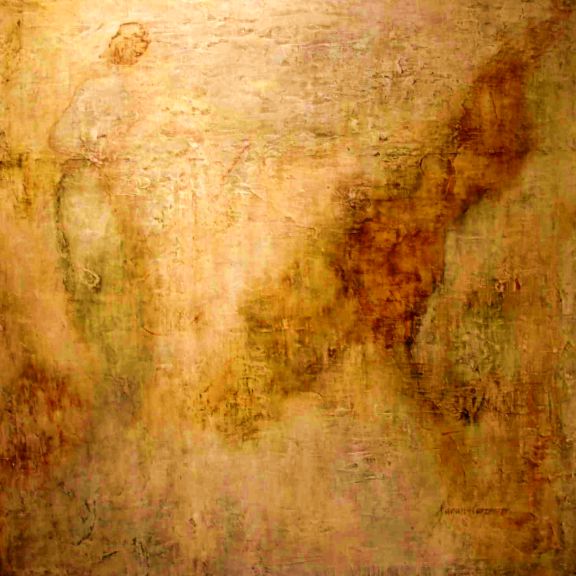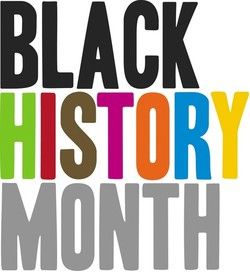
I want to lay up like that, to float unstructured, without ambition or anxiety. I want to inhabit my life like a porch.
—Rebecca Wells
Photo: Deborah Fagan Carpenter


I want to lay up like that, to float unstructured, without ambition or anxiety. I want to inhabit my life like a porch.
—Rebecca Wells
Photo: Deborah Fagan Carpenter

“The perfect speech would consist of the diction of the east, the vigor of the midwest and the melody of the South”
– Winston Churchill
Photo: Deborah Fagan Carpenter

“All I can say is that there’s a sweetness here, a Southern sweetness that makes sweet music. If I had to tell somebody who had never been to the South, who had never heard of soul music, what it was, I’d just have to tell him that it’s music from the heart, from the pulse, from the innermost feeling. That’s my soul; that’s how I sing. And that’s the South.”
—Al Green
Photo: Deborah Fagan Carpenter

“Then in his mind it was spring again, and he looked upon a field. It was prepared for the planting, the soil had been broken by the plow. It was the proper season. There was warmth in the soil.”
— Byron Herbert Reece, “The Hawk and the Sun.”
Photo: Deborah Fagan Carpenter

“All the really great records or people who made them somehow came from Memphis or Louisiana or somewhere along the Mississippi River. And singers like Howlin’ Wolf and Muddy Waters gave me the feeling that they were right there, standing by the river.”
—John Fogerty
Photo: Deborah Fagan Carpenter

“…and I wonder if there is any way to adequately describe the folly that causes us to undo all the great gifts of both Earth and Heaven.”
—James Lee Burke
Photo: Deborah Fagan Carpenter

“All cruel people describe themselves as paragons of frankness.”
—Tennessee Williams
Photo: Deborah Fagan Carpenter

“Won’t it be wonderful when black history and Native American history and Jewish history and all of U.S. history is taught from one book. Just U.S. history.”
— Maya Angelou
Art Work/”Searching for America,” Deborah Fagan Carpenter
In honor Black HIstory Month, Dr. J. Randall O’Brien has graciously allowed us to use a clip from his recently published book, Would Moses Throw a Chair?

The year was 1979. Johnny Lee Clary, Grand Dragon of the Ku Klux Klan, sat impatiently in a local radio studio awaiting the arrival of his debate opponent. The Reverend Wade Watts of McAlester, Oklahoma, Head of the Oklahoma NAACP, served as Pastor of a local church, which Clary, unsuccessfully, had tried to burn to the ground. They would soon meet face-to-face.
Reverend Watts arrived, saw the Klansman sitting defiantly in his white robe, walked over to him, extended his hand, smiled and said, “I love you.” Caught completely off guard, the Grand Dragon held out his hand and embraced the minister’s hand of forgiveness.
Within ten years, Johnny Lee Clary rose to the rank of Imperial Wizard in the Klan. He was unable, however, to shake the gracious welcome, smile, and loving words of his archenemy, Reverend Watts. One fine day in 1989, Clary convened the Grand Council of the Klan. When all were seated, he rose and dropped a bombshell. “I quit!”
Within two years, Johnny Lee had surrendered his life to Christian ministry. After having tried futilely to run from the haunting witness of Reverend Watts, Clary phoned the African-American minister:
“Reverend Watts, this is Johnny Lee Clary. You might not remember me.”
“Oh, rememberyou, son!” “Reverend Watts, I quit the Klan.”
“You did WHAT?”
“I quit the Klan. I want to be a minister like you.
“WHAT?!”
“I want to be a minister like you, loving everybody, Reverend Watts.”
“Hepmegeesus!!”
“Reverend, I’ve never been able to shake your words to me that day in the radio studio. I’ve run from them for 10 years, day and night, and I’m through running. I’m tired. I surrender. I want to be a minister like you.”
And with this, the ministry of Johnny Lee Clary began.
The two unlikely brothers began traveling together throughout the South preaching the gospel of love and racial reconciliation. They even protested together at KKK rallies. Clary formed a ministry called Operation Colorblind, Inc, to oppose racism. The two men continued to travel and preach together until the death of Reverend Watts.
Following Reverend Watts’ death and until her own, Mrs. Watts shared to any who cared to listen. “Johnny Lee is like family to us. He never tires of telling us how much he loves us.”
Taken from: Would Moses Throw a Chair, Dr. J. Randall O’Brien, Smyth & Helwys publishers.